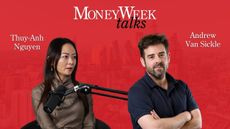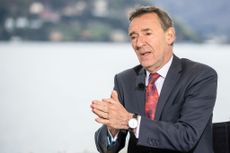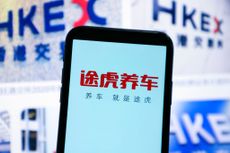Asian Economy
The latest news, updates and opinions on Asian Economy from the expert team here at MoneyWeek
Explore Asian Economy
-

Vietnamese stocks are charging ahead – here's what to buy
Vietnam has been upgraded from a frontier to an emerging market. It remains a promising pick, says David Prosser
By David Prosser Published
-

Metals and AI power emerging markets
This year’s big emerging market winners have tended to offer exposure to one of 2025’s two winning trends – AI-focused tech and the global metals rally
By Alex Rankine Published
-

Asia's new tiger economy: MoneyWeek Talks
Podcast MoneyWeek's editor, Andrew van Sickle, speaks to Dragon Capital's Thuy-Anh Nguyen about Vietnam's remarkable rise
By Andrew Van Sickle Published
Podcast -

Chen Zhi: the kingpin of a global conspiracy
Chen Zhi appeared to be a business prodigy investing in everything from real estate to airlines. Prosecutors allege he is the head of something more sinister
By Jane Lewis Published
-

Jim O’Neill on nearly 25 years of the BRICS
Jim O’Neill, who coined the acronym BRICS in 2001, tells MoneyWeek how the group is progressing
By Dr Matthew Partridge Published
-

Build or innovate? How to solve the productivity puzzle
Opinion There are two main schools of thought when it comes to solving the productivity puzzle, says David C. Stevenson
By David C. Stevenson Published
Opinion -

How to find value in Asian small cap stocks
Three competing Asian investment trusts all have good records, but this one is the obvious choice at present, says Max King
By Max King Published
-

Undervalued Asian stocks that can be the “winners of tomorrow”
Opinion Nitin Bajaj, portfolio manager of Fidelity Asian Values Trust, highlights three investment opportunities across Asia
By Nitin Bajaj Published
Opinion -

Go for growth: how to invest in emerging markets
Developing countries offer investors compelling long-term economic prospects, says David Prosser
By David Prosser Published
